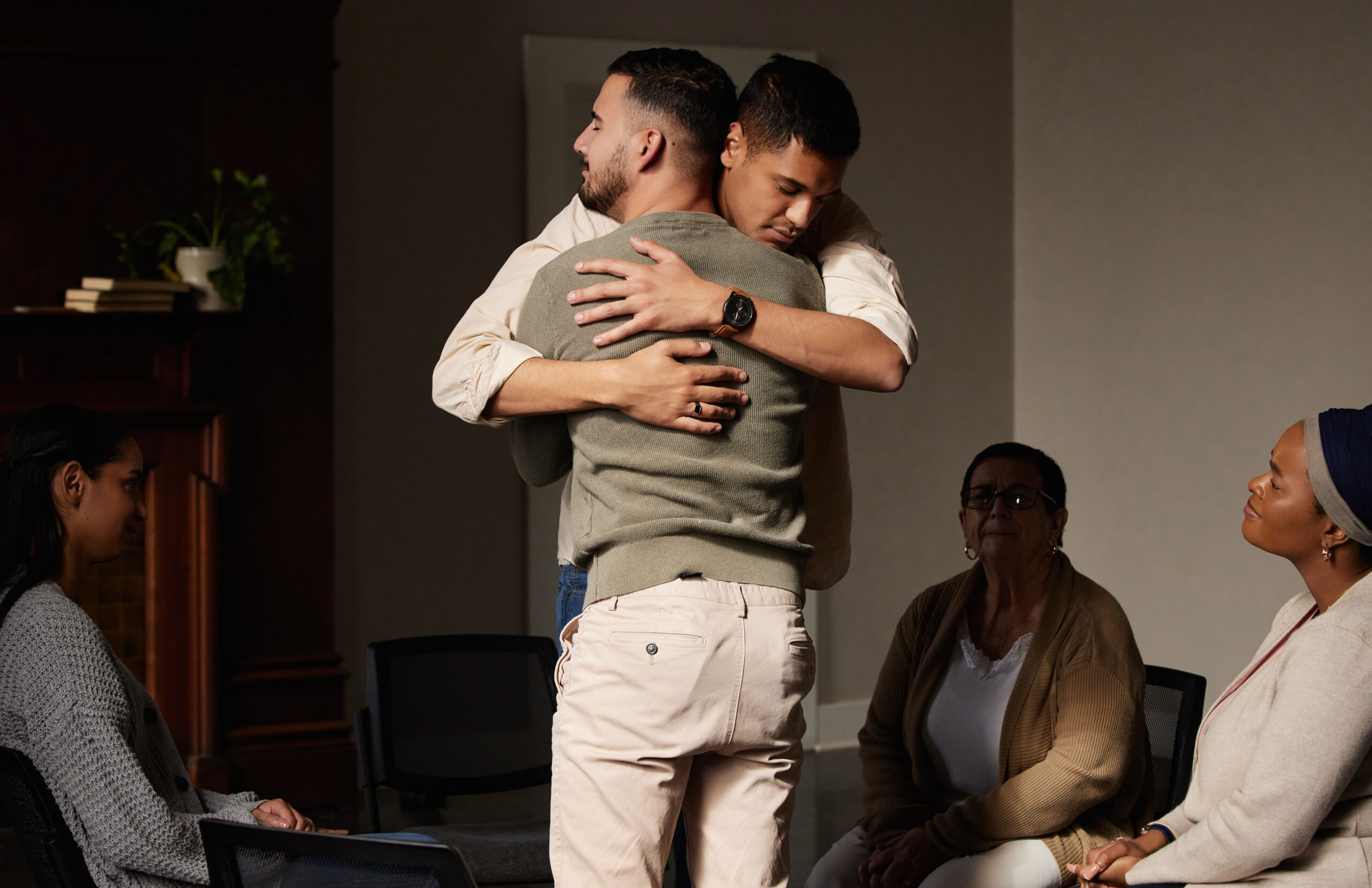Depression Treatment
- Liberty House Outpatient
- What We Treat
- Dual Diagnosis
- Depression


Depression Treatment in Michigan at Liberty House Outpatient Center
Depression can feel like an unyielding storm, stripping away joy and replacing it with heaviness and heartache. For many people in Michigan, depression isn’t a distant possibility—it’s a current reality. When coupled with addiction, the pain deepens, creating a cycle that can feel impossible to break. At Liberty House Outpatient Center, we understand the overwhelming darkness that can come with depression. We are here to help you or your loved one find light and hope again through our compassionate, evidence-based depression treatment programs in Oakland County, Michigan.
Understanding Depression and Addiction in Michigan
Michigan residents face unique challenges, ranging from economic struggles in some communities to the harsh winters that can exacerbate emotional grief. Studies have shown that depression rates nationwide are rising, and Michigan is no exception. Compounding this issue is the prevalence of substance abuse, which often intertwines with depression. Alcohol and drugs may promise temporary relief but frequently lead to deeper despair, reliance, and physical or emotional harm.
Depression plays an active role in addiction. Some individuals turn to substances to escape feelings of hopelessness, while others may develop depression after long-term substance use alters their brain’s chemistry. Each person’s experience is unique, but the combination of depression and addiction can rob individuals of peace, stability, and self-worth, leaving them feeling lost.
At Liberty House Outpatient Center, we believe a way forward exists—one rooted in understanding both the physiological and emotional causes of depression. Our programs are designed to empower healing at the core, helping people reconnect with themselves and move beyond their struggles.
Get the Help You Need, When You Need It.
- Day & Evening Treatment Options
- Working Professionals Program
- Supportive Housing Available
- PHP, IOP & OP Programs
- Alumni Programming
- Individual Case Management

What Is Depression?
Depression is a serious mental health condition that goes beyond feeling “sad” or “down.” It can persist for weeks, months, or even years, affecting thoughts, emotions, and behaviors. Depression is more than a passing phase; it is a medical condition that requires attention, compassion, and treatment just like any other health issue.
People with depression often experience feelings of worthlessness or emptiness, difficulty concentrating, and a lack of enjoyment in activities they once loved. Sleep disturbances, significant changes in appetite, and fatigue are all hallmark symptoms. For some, suicidal thoughts or actions may enter the picture, making depression a potentially life-threatening condition.
Depression doesn’t discriminate—it can affect anyone, regardless of age, gender, or socioeconomic background. However, certain risk factors increase the likelihood of developing depression, including:
Experiences such as the loss of a loved one, abuse, divorce, or job instability can contribute to depression.
A genetic predisposition can make some individuals more vulnerable.
Drugs and alcohol can alter brain chemistry, leading to depression or exacerbating existing symptoms.
Coping with debilitating physical conditions often correlates with emotional distress.
Environmental stressors, including financial hardship, loneliness, and societal pressures, can significantly contribute to environmental stress.
Depression can present differently depending on the individual, but one constant remains: no one has to struggle alone. Treatment is possible, and freedom is attainable.

Signs and Symptoms of Depression
Recognizing depression can be the first step toward healing. If you or a loved one is experiencing any of the following signs, it may be time to seek help:
- Persistent sadness, hopelessness, or emptiness
- Loss of interest in hobbies, relationships, or other activities
- Changes in sleeping patterns—insomnia or oversleeping
- Fatigue, even after sufficient rest
- Difficulty concentrating or making decisions
- Weight loss or gain due to changes in appetite
- Feelings of guilt, shame, or worthlessness
- Irritability or unexplained anger
- Thoughts of death or suicide, or attempts at self-harm
It’s important to understand that depression doesn’t always manifest as sadness. For some, it may feel like numbness or a lack of emotion. Physical symptoms like headaches or chronic pain can also point toward depression. Every individual’s experience is different, underscoring the need for personalized care and attention.
When depression co-occurs with addiction, additional signs may include an increase in substance use, difficulty maintaining relationships, or worsening health conditions. These symptoms don’t mean someone is weak or beyond help—they are simply indicators that professional support is needed.
When Is It Time to Seek Depression Treatment in Michigan?
The decision to seek treatment is one of the most difficult yet powerful steps a person can take. For those battling depression and addiction, this decision often comes when the weight becomes unbearable—when functioning in day-to-day life feels impossible, relationships falter, or the desire to keep fighting fades.
Knowing when it’s time to seek help often begins with acknowledging the severity of the symptoms. If depression begins interfering with work, school, social activities, or personal relationships, professional care can provide the structured support needed to regain stability.
You could be navigating deep feelings of guilt, hopelessness, or shame, believing that no one could truly understand how you feel. Or perhaps your loved one is withdrawing from everyone, isolated and unreachable. These may be signs that treatment at Liberty House Outpatient Center could be life-changing.
Our depression treatment program in Michigan provides specialized care designed to meet individuals wherever they are in their journey. Whether depression is mild or severe, whether addiction is involved or not, our tailored approach prioritizes each person’s mental, emotional, and physical well-being. We’re here to honor your story, guide you toward healing, and help you rediscover life’s possibilities.
Why Choose Liberty House Outpatient Center for Depression Rehab?
Choosing treatment for dual diagnosis is one of the most important decisions individuals and families can make but financial concerns often create hesitation. We want you to know that this barrier can be addressed, and accessible solutions are within reach.
Many private health insurance plans include coverage for mental health and addiction treatment. Thanks to regulatory changes such as the Mental Health Parity and Addiction Equity Act, insurance providers are required to offer the same level of coverage for mental health/substance abuse treatment as they do for medical and surgical care.
At Liberty House Outpatient Center, we work closely with most major insurance providers, helping clients navigate the process of obtaining coverage. Our team is experienced in verifying benefits, coordinating pre-authorizations, and ensuring that clients can focus on healing without financial stress. We encourage you to reach out with questions about insurance—helping you access the care you deserve is part of our mission.

Start Your Healing with Depression Treatment in Michigan with Liberty House Outpatient Recovery
If depression or addiction has left you or your loved one feeling lost, disconnected, or overwhelmed, Liberty House Outpatient Center can help you take the first step toward healing. You don’t have to carry the weight alone anymore—we’re here to guide you toward a brighter, healthier future.
Reach out to us today to learn more about our depression treatment program in Michigan and discover how Liberty House Outpatient Center can support you in your journey. Contact us now, and begin the process of reclaiming your life. A path to hope is waiting.













